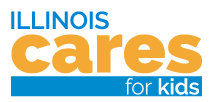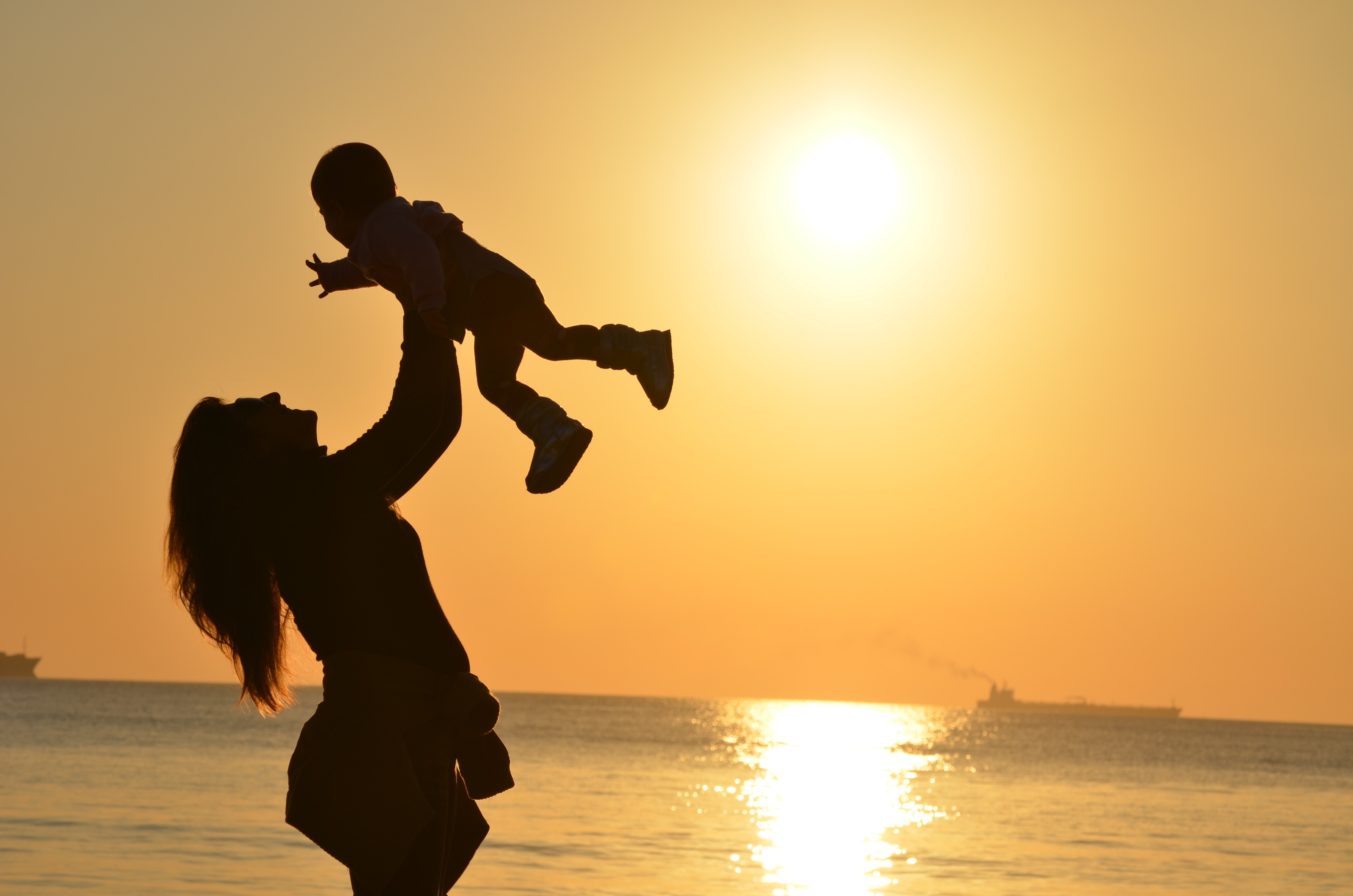To parents, it seems like our kids grow up way too fast — one minute, they’re tiny little babies, and the next, they’re already entering school!
Keeping an eye on all those stages and milestones along the way is a great way to make sure that your child is growing and developing on track. While every child grows at their own pace, there are five main stages of childhood development that they’ll go through: newborn, infant, toddler, preschool, and school-age.
Here, we’ll go over the five main stages of childhood development. We’ll also cover some of the basic milestones that many children reach during these stages.
Stage 1: Newborn
Age: 1 - 2 months old
Congratulations on your brand-new bundle of joy!
Even though your newborn is brand-new to the world, you should still see some pretty big milestones during their first few months. For example, your newborn will usually start to react to sights and sounds around them, like sound and light, during the first couple of months. You may see them make facial expressions and move their arms and hands, and become much more alert as time goes on.
When they reach the two-month mark, you may also see that your baby can turn their head or upper body when they hear sounds to try to find where those sounds are coming from. They may start making babbling/cooing noises around this time and “social smiling,” or smiling at people around them. They may also begin doing “push-ups” and holding their head up for short periods of time when they’re on their tummy.
Stage 2: Infant
Age: 3 - 12 months
After the newborn phase and as the months go on, you may notice your infant is growing fast and meeting many developmental milestones like moving more and communicating with sounds and gestures.
By 4 months:
- Copies sounds, movements, and facial expressions
- Smiles and plays with others
- Coordinating hand-eye movements
- Recognizing faces, toys, and other familiar objects
- Reaching, holding, and shaking toys
- Pushes down with legs when feet are on a hard surface
- Better control of head movements
By 6 months old:
- Can bounce when standing with support
- Making more sounds and gestures with their arms and hands to communicate
- Shows more curiosity about things around them
- Rolling over on their own
- Sitting on their own without support
- Begins responding to their name
- Teeth begin to grow
By 9 months old:
- Crawling and standing with help
- Playing with toys and interactive games like peek-a-boo
- Pointing at objects that interest them
Stage 3: Toddler
Age: 12 months - 3 years old
The toddler years are when you may really begin to see your child’s personality grow. They’ll also likely meet many milestones here, from walking on their own to running around. You may also start seeing the beginning stages of their speech around this time!
By 12 months:
- Standing on their own or with support
- Walking with assistance
- May start saying simple words or phrases
- Using gestures like waving to communicate
By 18 months old:
- Can say several words
- Can follow simple instructions
- Plays with toys
- Walking on their own
- Feeding self with fingers, spoons, cups
- Can help with dressing and hand-washing
By 2 years old:
- Recognizes other’s facial expressions and feelings
- More talking, can say simple phrases
- Recognizes objects (ie: can point when you ask where something is)
- Can play with multiple toys at a time
- Begins running
Stage 4: Preschooler
Age: 3 - 5 years old
Once your child is about three years old, they may be ready to go to preschool. They’ll start becoming both more playful and do more things on their own. They’ll even start to show off some of the skills they’ll need in school like drawing, rhyming, and telling stories.
By 3 years old:
- Wants to play with other children
- Can have simple conversations with you
- Understands ideas like “where,” “what,” “mine,” etc.
- Starts dressing on their own
- Can use a fork on their own
- Shows a wide range of emotions
- Can say their own name and the names of a friend
By 4 years old:
- Can play pretend
- Recognizes and avoids dangerous situations
- Can see other’s emotions, and comforts others who they think are sad or upset
- Singing, reciting rhymes or stories
- Potty training
- Tells stories
- Understands ideas like time, colors, and numbers
- Can hold crayons or pencils between fingers and thumb, rather than a fist
By 5 years old:
- Can communicate well by talking
- Sings, dances, acts, and enjoys playing pretend
- Can do simple counting and reciting of the alphabet
- Can follow rules and play nicely with others
- Does simple chores around the house
- Holds conversations well and retells stories
- Understands simple rhyming
- Begins writing and recognizing letters, may be able to write their name
Stage 5: School-Age
Age: 6-17 years old
As your child grows older and starts school, they’ll become more independent and will start doing many things on their own. They’ll also learn a lot during this time, from school skills like reading, writing, and mathematics, to learning how to express their emotions and feelings.
Around 12-13 years old, your child may hit puberty. This stage of life comes with changes to their body. They might start growing facial hair, their voices might change, and they may start their menstrual cycles. They’re also likely to become more independent and develop more of their own interests and personality around this time.
What To Do If You’re Concerned About Your Child’s Development
Even though these milestones are what most children at these ages tend to achieve, they are not going to be the same for everybody. Every child grows at a different speed, which means that your own child may hit these milestones before or after they’re listed.
However, if you are concerned about the rate at which your child is developing, you should reach out to a professional. This is especially important since early intervention can have a big impact on a child’s ability to learn new skills. Contact your child’s pediatrician to get their professional opinion and figure out whether intervention is necessary for your child’s development.
The state of Illinois also has an Early Intervention Program that helps you understand whether your infant or toddler has delays in their movement, learning, social skills, and/or behavior.
Conclusion
Keeping an eye on your child’s milestones is a great way to make sure they’re on the right track during the early years of their life. It can help set the scene for a healthy, happy life moving forward.


